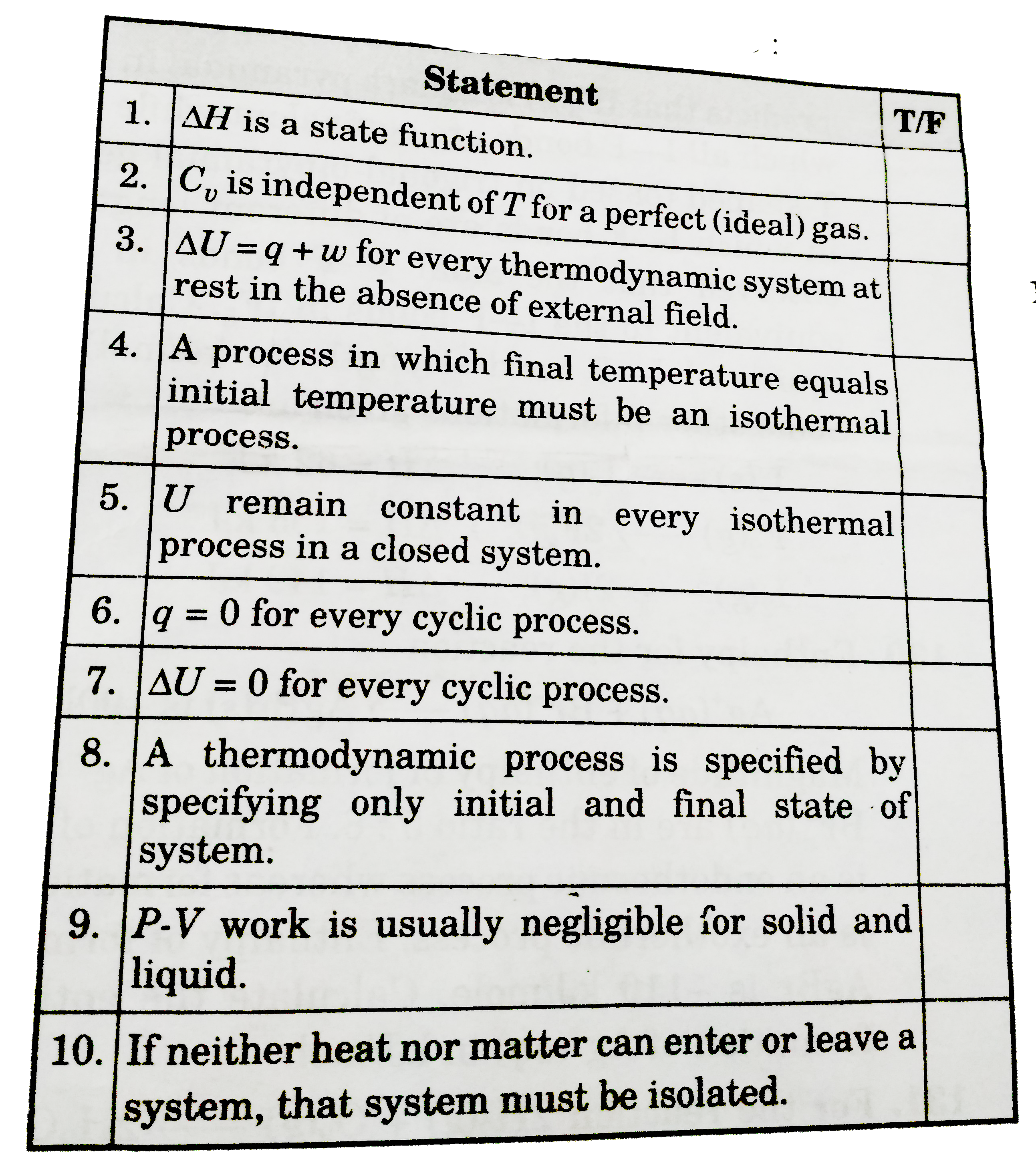False statement is:
Chloroform is heavier than water
CCl4 is non-flammable
Vinyl chloride is more reactive than allyl chloride
In water Br– is a good nucleophile as compared to F–
The correct Answer is:C
To determine which statement is false among the given options, we will analyze each statement one by one.
1. Statement 1: Chloroform is heavier than water.
- Chloroform (CHCl3) has a molar mass calculated as follows:
- Carbon (C): 12 g/mol
- Hydrogen (H): 1 g/mol
- Chlorine (Cl): 35.5 g/mol × 3 = 106.5 g/mol
- Total molar mass of CHCl3 = 12 + 1 + 106.5 = 119.5 g/mol.
- Water (H2O) has a molar mass of:
- Hydrogen (H): 1 g/mol × 2 = 2 g/mol
- Oxygen (O): 16 g/mol
- Total molar mass of H2O = 2 + 16 = 18 g/mol.
- Since 119.5 g/mol (chloroform) > 18 g/mol (water), chloroform is indeed heavier than water.
- Conclusion: This statement is true.
2. Statement 2: CCl4 is non-flammable.
- Carbon tetrachloride (CCl4) is known for its use in fire extinguishers, which indicates that it does not catch fire easily.
- Therefore, this statement is also true.
3. Statement 3: Vinyl chloride is more reactive than allyl chloride.
- Vinyl chloride has the structure where the halogen (Cl) is attached to a carbon that is part of a double bond (C=C).
- Allyl chloride has the halogen attached to a carbon adjacent to the double bond (C=C-CH2-Cl).
- The presence of the double bond in vinyl chloride allows for resonance stabilization, which makes the carbon-chlorine bond stronger and less reactive.
- Thus, allyl chloride is more reactive than vinyl chloride.
- Conclusion: This statement is false.
4. Statement 4: In water, Br- will behave like a good nucleophile as compared to F-.
- In polar protic solvents like water, larger anions such as Br- are better nucleophiles compared to smaller anions like F- due to less solvation.
- Therefore, this statement is true.
Final Answer:
The false statement is: "Vinyl chloride is more reactive than allyl chloride."
- Chloroform (CHCl3) has a molar mass calculated as follows:
- Carbon (C): 12 g/mol
- Hydrogen (H): 1 g/mol
- Chlorine (Cl): 35.5 g/mol × 3 = 106.5 g/mol
- Total molar mass of CHCl3 = 12 + 1 + 106.5 = 119.5 g/mol.
- Water (H2O) has a molar mass of:
- Hydrogen (H): 1 g/mol × 2 = 2 g/mol
- Oxygen (O): 16 g/mol
- Total molar mass of H2O = 2 + 16 = 18 g/mol.
- Since 119.5 g/mol (chloroform) > 18 g/mol (water), chloroform is indeed heavier than water.
- Conclusion: This statement is true.
- Carbon tetrachloride (CCl4) is known for its use in fire extinguishers, which indicates that it does not catch fire easily.
- Therefore, this statement is also true.
- Vinyl chloride has the structure where the halogen (Cl) is attached to a carbon that is part of a double bond (C=C).
- Allyl chloride has the halogen attached to a carbon adjacent to the double bond (C=C-CH2-Cl).
- The presence of the double bond in vinyl chloride allows for resonance stabilization, which makes the carbon-chlorine bond stronger and less reactive.
- Thus, allyl chloride is more reactive than vinyl chloride.
- Conclusion: This statement is false.
- In polar protic solvents like water, larger anions such as Br- are better nucleophiles compared to smaller anions like F- due to less solvation.
- Therefore, this statement is true.
The false statement is: "Vinyl chloride is more reactive than allyl chloride."
Similar Questions
Knowledge Check
- Question 1 - Select One
Pick out the false statement :
AThe electropositive character of alkali metals decreases with increase in atomic numberBLithium is a hard metal nad cannot be cut with a knifeCAlkali metals are strong reducing agentsDThe electronegativities of all alkali metals remain the same. - Question 2 - Select One
Choose the false statement :
ALine ←→AB is the same as line ←→BABRay −−→AB is the same as ray −−→BACLine segment ¯¯¯¯¯¯AB is the same as the line segment ¯¯¯¯¯¯BADNone of these - Question 3 - Select One
Select the false statement :
AOzone is a compound.BA solution is a homogeneous mixture.CEquivalent weight of CO2−3 ion is M/2.DTotal mass of a system does not change during a chemical reaction.


